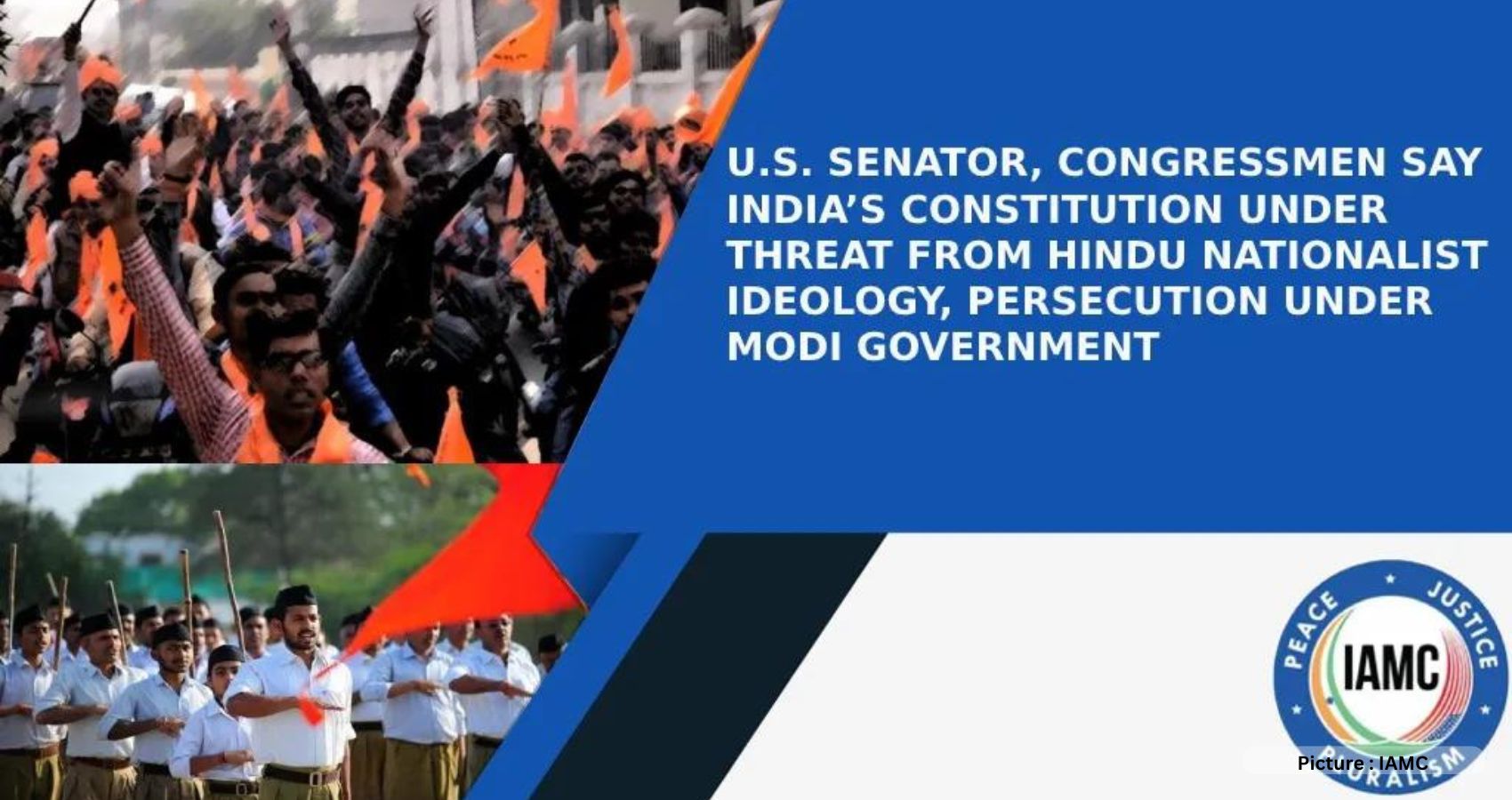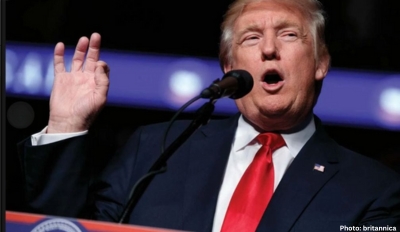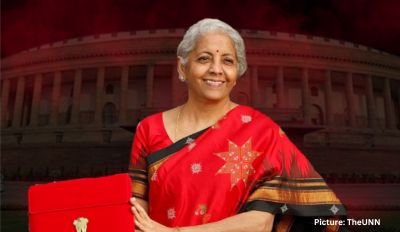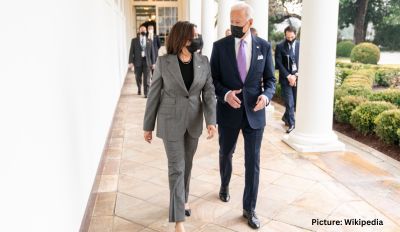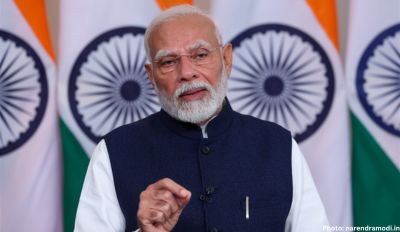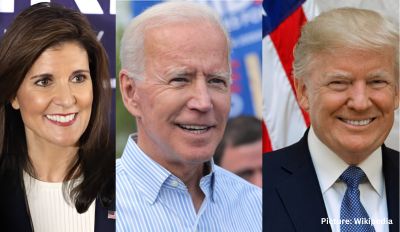On Capitol Hill this Tuesday, US officials convened for a congressional briefing to discuss the persecution of religious minorities under Indian Prime Minister Narendra Modi’s administration. The conversation also touched on the State Department’s decision not to follow the United States Commission on International Freedom’s (USCIRF) recommendation that India be labeled a Country of Particular Concern (CPC) – the highest warning issued against nations guilty of persecuting religious minorities.
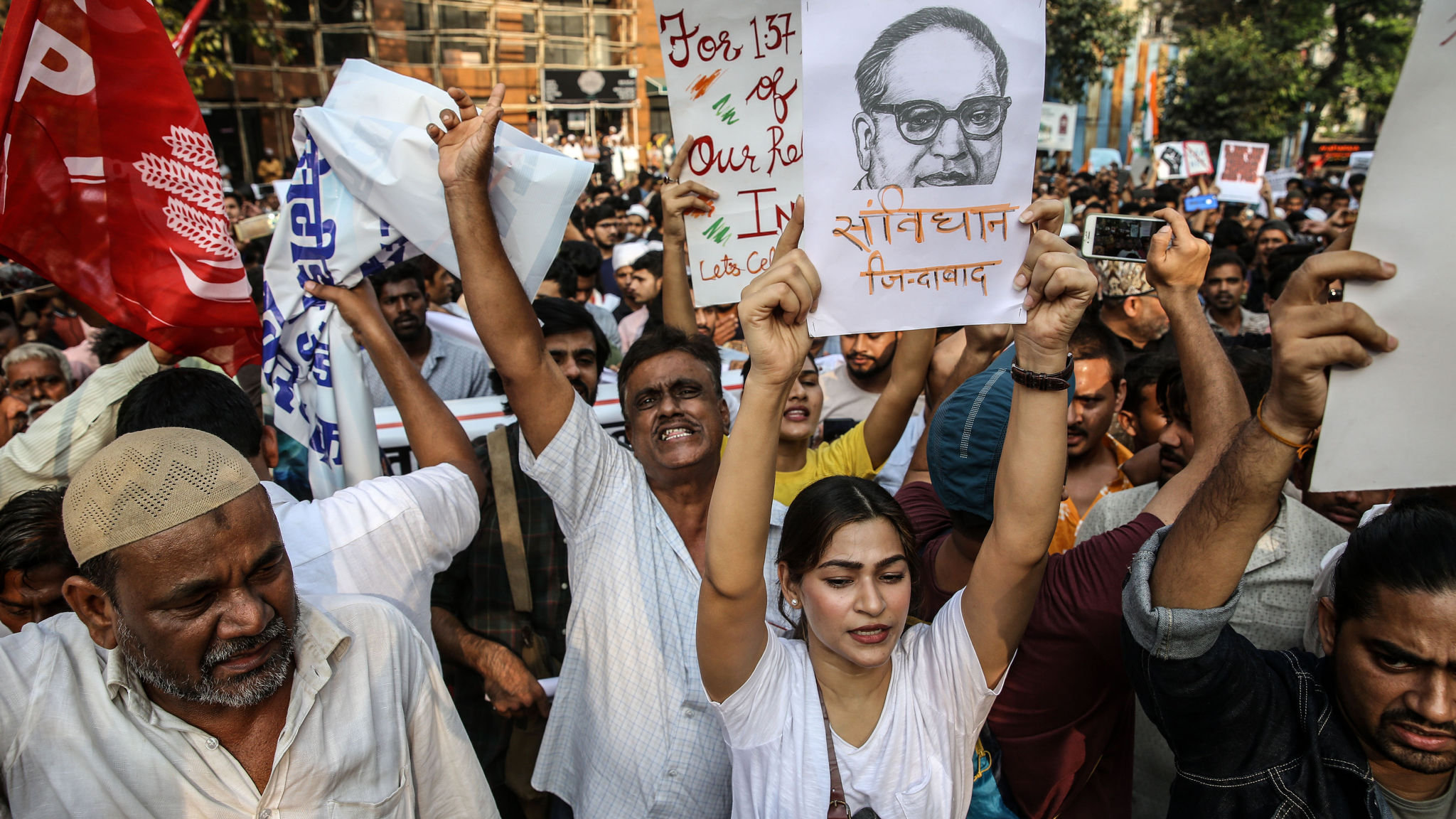
The briefing, co-organized by various religious, interfaith, and human rights organizations including the Indian American Muslim Council (IAMC), Hindus For Human Rights (HFHR), Sikh American Legal Defense and Education Fund (SALDEF), and others, featured talks from former USCIRF Chair Nadine Maenza, Indian human rights activist Dr. Sandeep Pandey, Former U.S. Ambassador Islam Siddiqui, and Reverend Bryan Nerren, an American Christian pastor who was imprisoned in India for seven months. Representatives from IAMC, HFHR, and SALDEF also addressed the gathering.
In her concluding remarks, Nadine Maenza directly linked recent episodes of religious violence to the discourse, policies, and climate of complicity fostered by PM Modi’s Bharatiya Janata Party (BJP).
“An entire Indian state is burning,” Maenza said, alluding to the recent violent confrontations between Hindus and Christians in Manipur, India, which led to numerous churches being set ablaze. “Due to the growing influence of the BJP’s Hindu supremacist rhetoric, Manipur’s Hindu population has turned against the already vulnerable Christian tribal population. It is quite literally the BJP’s fault that 60 people are now dead, 200 are wounded, and 35,000 are displaced.”
Maenza strongly rebuked US officials who have praised the Modi government, specifically mentioning Secretary of Commerce Gina Raimondo and Assistant Secretary of State Bureau of South and Central Asia Affairs Donald Lu for their commendation of Modi’s “visionary” leadership and assertion that India’s “free press really works,” respectively.
Citing Raimondo and Lu’s comments, Maenza questioned, “Modi is no visionary, and under his control, freedoms for the Indian people have plummeted. How does this charade benefit anyone? Do we want to see the eruption of yet another refugee crisis? Are we alright with India compromising the entire region’s stability by allowing such widespread internal violence?” Maenza highlighted India’s significant drop in ranking on Reporters Without Borders’ annual Press Freedom Index.
Dr. Sandeep Pandey, a Ramon Magsaysay award recipient, often referred to as Asia’s Nobel Prize, presented a comprehensive overview of the economic, political, civil rights, and democratic setbacks brought about by the Modi administration.
Contradicting the positive Western perspective on India’s economic growth, Pandey stated, “The Indian economy is in shambles. India’s 1% population owns 40.5% of wealth. Whereas only 3% of wealth trickled down to the bottom 50% of the population over the nine-year period from 2012 to 2021.” He explained how Modi’s crony capitalist policies have facilitated the disproportionate accumulation of wealth by Gautam Adani, the infamous industrialist and financial criminal.
Regarding criminal justice, Pandey illustrated the religious bias that has nearly obliterated the Indian judiciary. “Your religion decides how the state will deal with you. If you are a Hindu, and especially if you are aligned with the ruling party, then irrespective of how egregious the crime is, you will be released. If you are a Muslim, you will be convicted even if you are innocent. A death sentence is what they want,” he said.
Pandey highlighted the release of 11 Hindu supremacist men who had raped Bilkis Bano during the Gujarat Pogrom and the subsequent acquittal of convicted mass murderer and Hindu supremacist Babu Bajrangi. In contrast, he emphasized the prison sentences handed to Muslim activists who opposed the violently discriminatory Citizenship Amendment Act.
Reverend Bryan Nerren, an American Christian who operated a charity that helped poor children of all faiths in India for nearly two decades, was imprisoned in India after being targeted by police. He described in harrowing detail his experience being imprisoned and the reasons behind it. “Most of you probably never had the opportunity to visit an Indian prison, much less be an Indian prisoner. But I have, and it was because I answered three questions wrong. I’m a Christian. I’ll meet with Christians, and I’ll help Christians,” Nerren said.
Despite never having converted any Indian or Nepalese people, Nerren was given a seven-year prison sentence. A BJP official informed Nerren that he was being arrested for his faith, at the order of higher-ups within the party, and that he was being made into an example to other Christians and religious minorities. “We’re going to see to it that you spend the next seven years in prison for what you’re doing. We are going to stop Western people, especially you Christians, from coming here and lying to the poor children that they can have hope. I hope you die in prison. Here’s what you need to understand about the India of today. In the short future, every person in this country will be Hindu. They will leave the country, or we’re going to eliminate them. And I think you understand what eliminate means,” the BJP official said.
The Trump administration initially refused to negotiate for Nerren’s release, seemingly prioritizing a weapons deal with India over the rights of an American citizen. This highlights how shortsighted economic concerns continue to triumph over the pursuit of long-term stability and the commitment to upholding human rights in U.S. relations with India. “The Biden administration’s refusal to hold the Modi government accountable boils down to the market potential that India presents. The administration is sacrificing human rights at the altar of a more profitable relationship with India,” said HFHR Policy Director Ria Chakrabartty. Chakrabartty outlined various concrete policies Congress members can pursue to pressure the Executive to change its stance toward India, including making military aid to India conditional on improving its human rights policies, aggressive letter-writing campaigns, and interventions in the budgetary process.
Former U.S. Ambassador Islam Siddiqui suggested that the US can easily maintain its trade relations with India while publicly condemning its human rights record. He pointed out how the US continues to maintain economic ties with Saudi Arabia while also speaking out against it in public and designating it a Country of Particular Concern. However, Siddiqui cautioned against putting too much faith in Modi’s leadership capabilities, saying, “It’s a bad bet to bet on Modi as a reliable partner. India can’t rise if all its minorities — 350,000,000 Christians and Hindu, Delhi and Adivasis — are put down. They all must rise.”
SALDEF Policy Manager Jyot Singh highlighted how the Modi regime’s policies have profoundly affected Sikh Americans. Referring to the Modi government’s decision to cut off internet access in Punjab in their attempt to capture one political dissident, Singh said, “Modi’s government cut off the internet for 27 million people. Without homelines, they were cut off from the world and their families in the US. They could not communicate with their loved ones. None of this is acceptable in a country that enjoys an allyship with the global north and calls itself a democracy.”
IAMC Executive Director Rasheed Ahmed connected violence in India to Hindu supremacist group activities within the U.S. “Elected officials here on Capitol Hill have received funding from donors connected with India’s most notorious Hindu supremacist paramilitary group, the RSS, and their goal is to ensure that the United States looks away from the atrocities committed by the Modi regime,”

